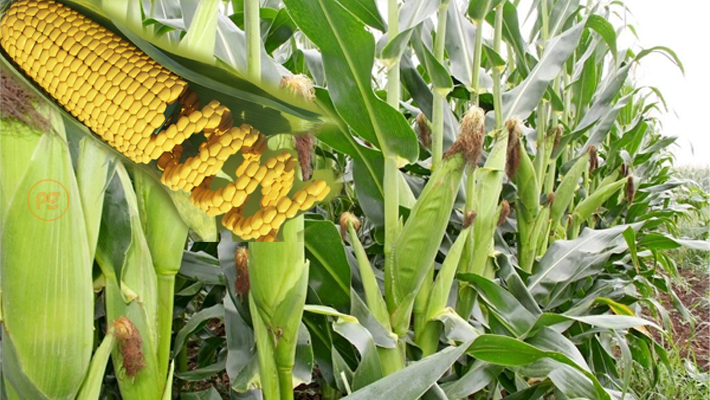General
African countries that have banned GMO imports and cultivation
Countries like Algeria, Madagascar, and Zimbabwe have banned both the import and cultivation of GMOs. In contrast, South Africa permits commercial GMO farming, producing modified maize, soybeans, and cotton. Countries such as Algeria, Madagascar, and Zimbabwe have banned GMO cultivation citing bi...
Business Insider Africa
published: Jul 25, 2025


Countries like Algeria, Madagascar, and Zimbabwe have banned both the import and cultivation of GMOs. In contrast, South Africa permits commercial GMO farming, producing modified maize, soybeans, and cotton.
- Countries such as Algeria, Madagascar, and Zimbabwe have banned GMO cultivation citing biodiversity risks.
- Some nations, including South Africa, permit GMO farming, while others like Nigeria and Ghana are conducting trials.
- The market for GMOs is expected to increase from $615.4 million in 2018 to $871 million by 2025.
The market for genetically modified organisms (GMOs) is projected to grow significantly, rising from $615.4 million in 2018 to an estimated $871 million by 2025, according to industry experts. Yet across Africa, the adoption of GMOs remains highly contested.
Unlike traditional seeds, genetically modified seeds are engineered to withstand climate-related challenges such as drought, floods, pests, and diseases, making them attractive in the face of growing food insecurity and climate change.
However, the debate over their safety, environmental impact, and ethical implications continues to divide the continent.
Countries like Algeria, Madagascar, and Zimbabwe have banned both the import and cultivation of GMOs, citing risks to biodiversity, indigenous agricultural practices, and public health.
DON'T MISS THIS: African countries ranked among world’s 50 most food self-sufficient countries
In contrast, South Africa permits commercial GMO farming, producing modified maize, soybeans, and cotton. Nations like Nigeria, Kenya, and Ghana are beginning to ease restrictions, allowing trials under strict regulatory oversight.
Regulation across Africa varies widely. Some countries, such as Ghana and South Africa, have established biosafety laws and mandatory labelling policies.
As food prices spike and climate threats intensify, African governments face a difficult choice: embrace biotechnology or protect traditional agriculture at all costs.
Below are the countries that have banned both the importation and cultivation of GMOs, according to Statisense:
Algeria
Kyrgyzstan
Bhutan
Madagascar
Peru
Russia
Venezuela
Zimbabwe
Read More